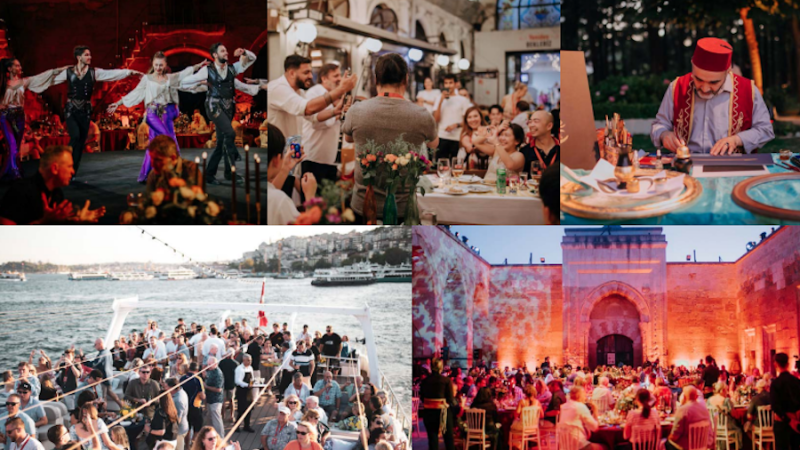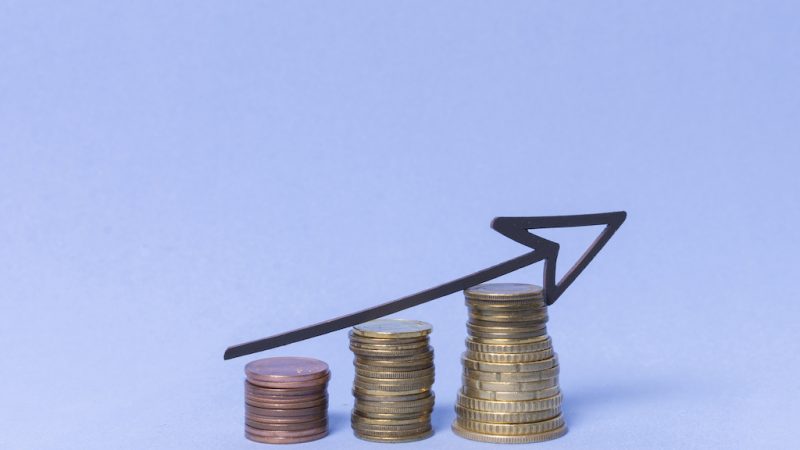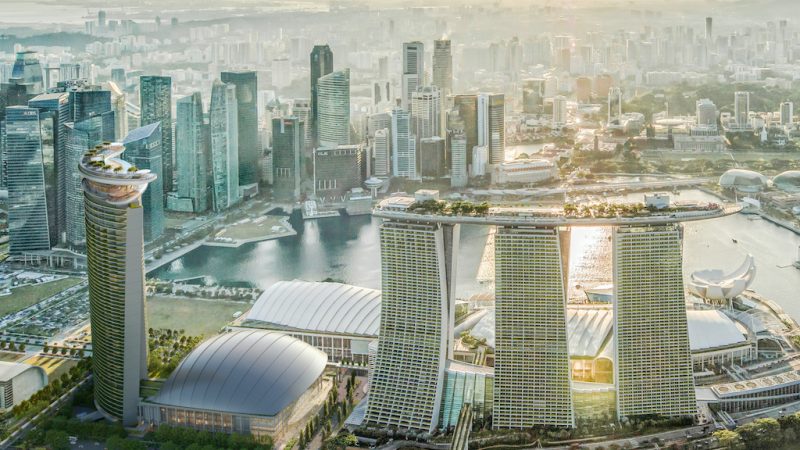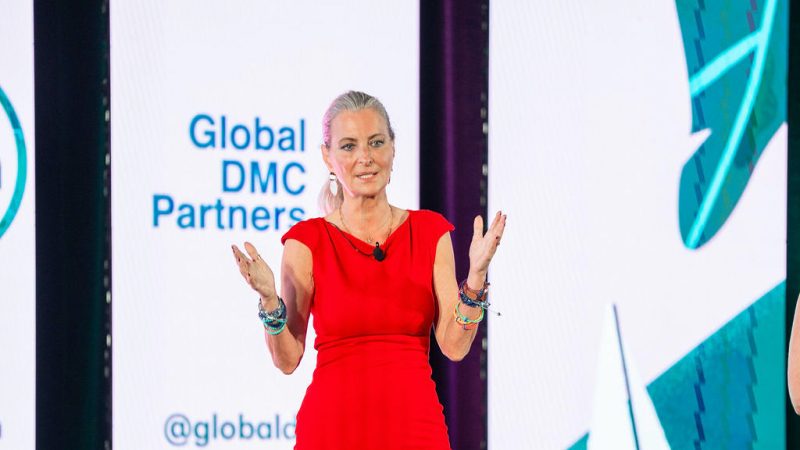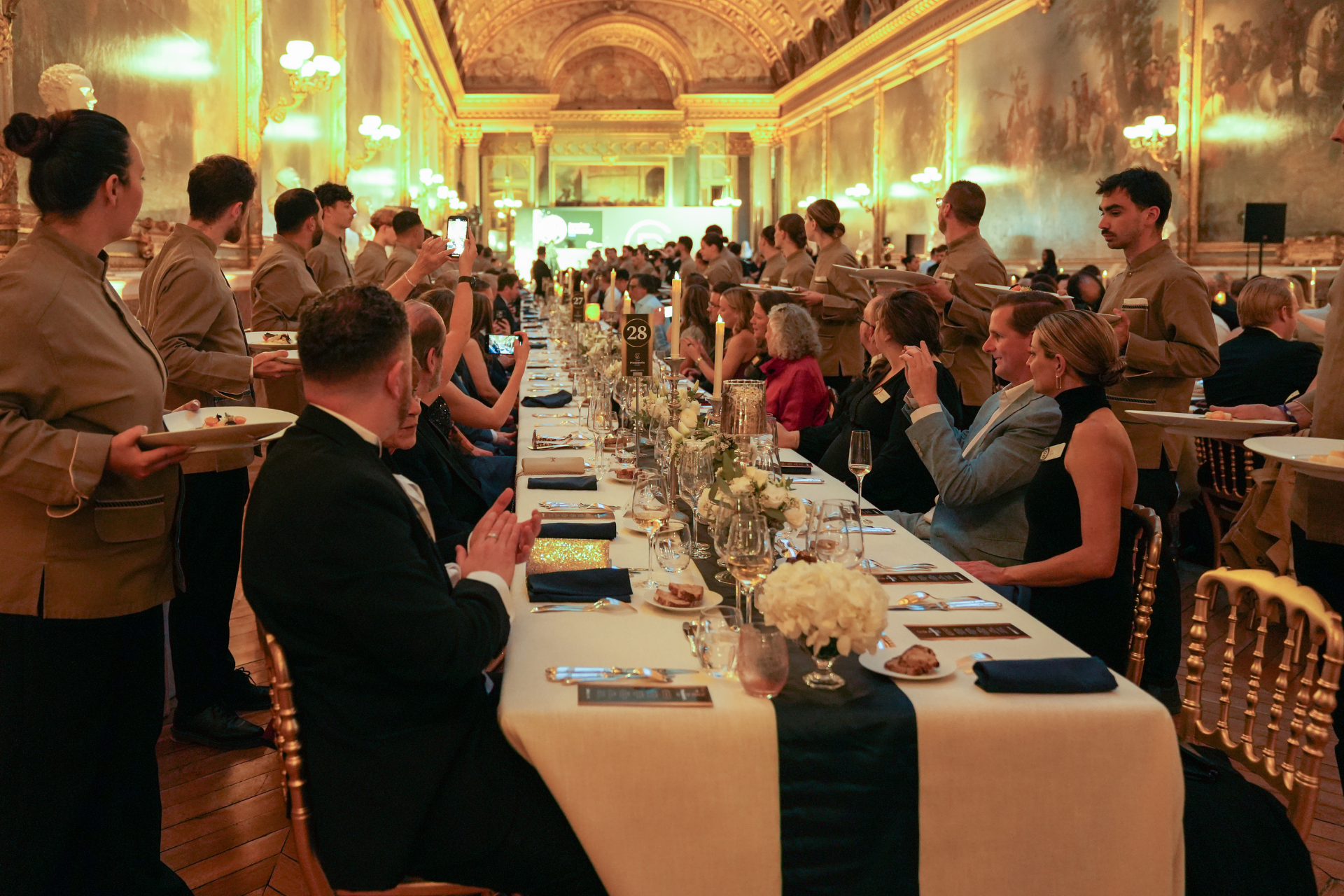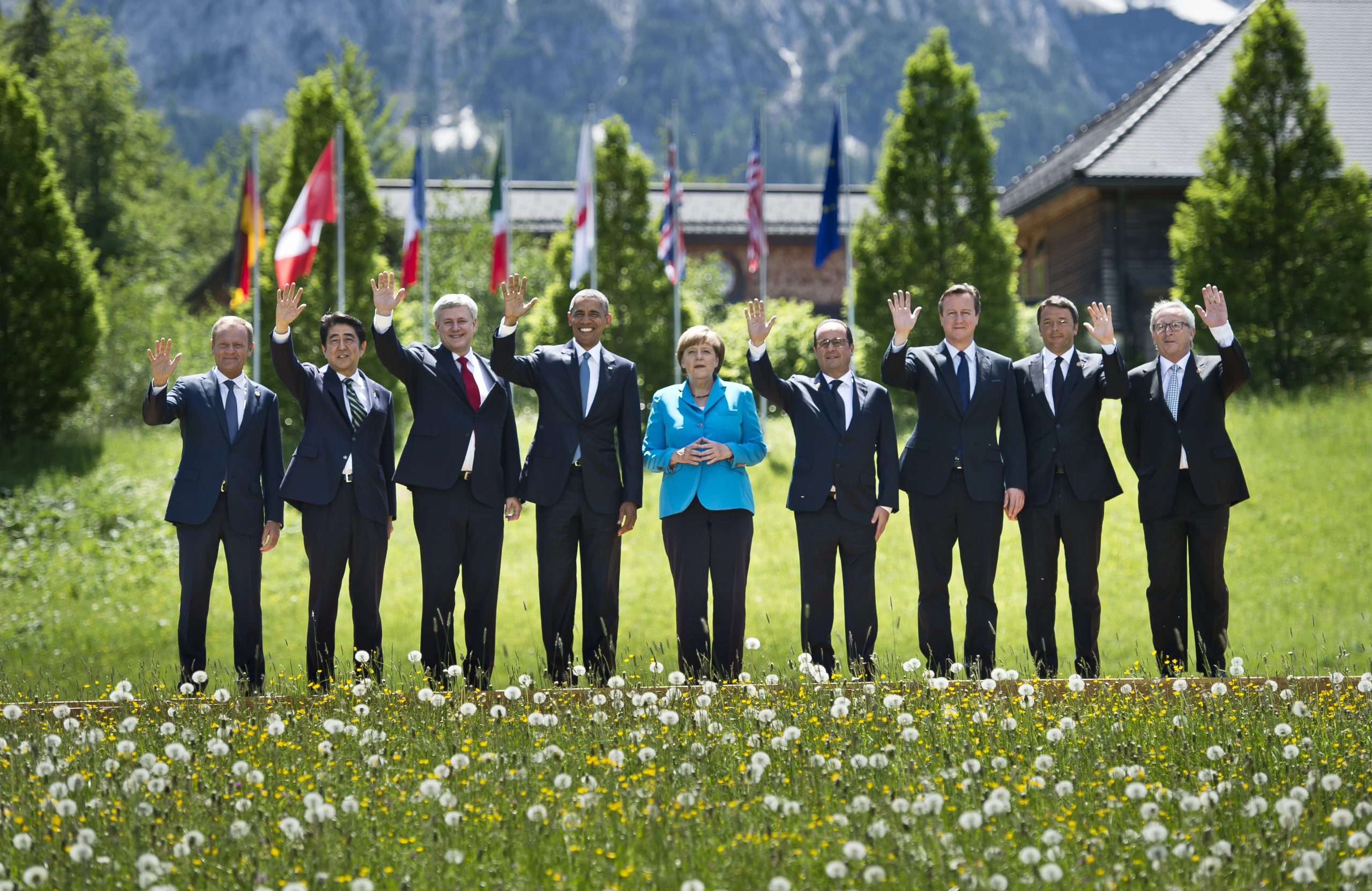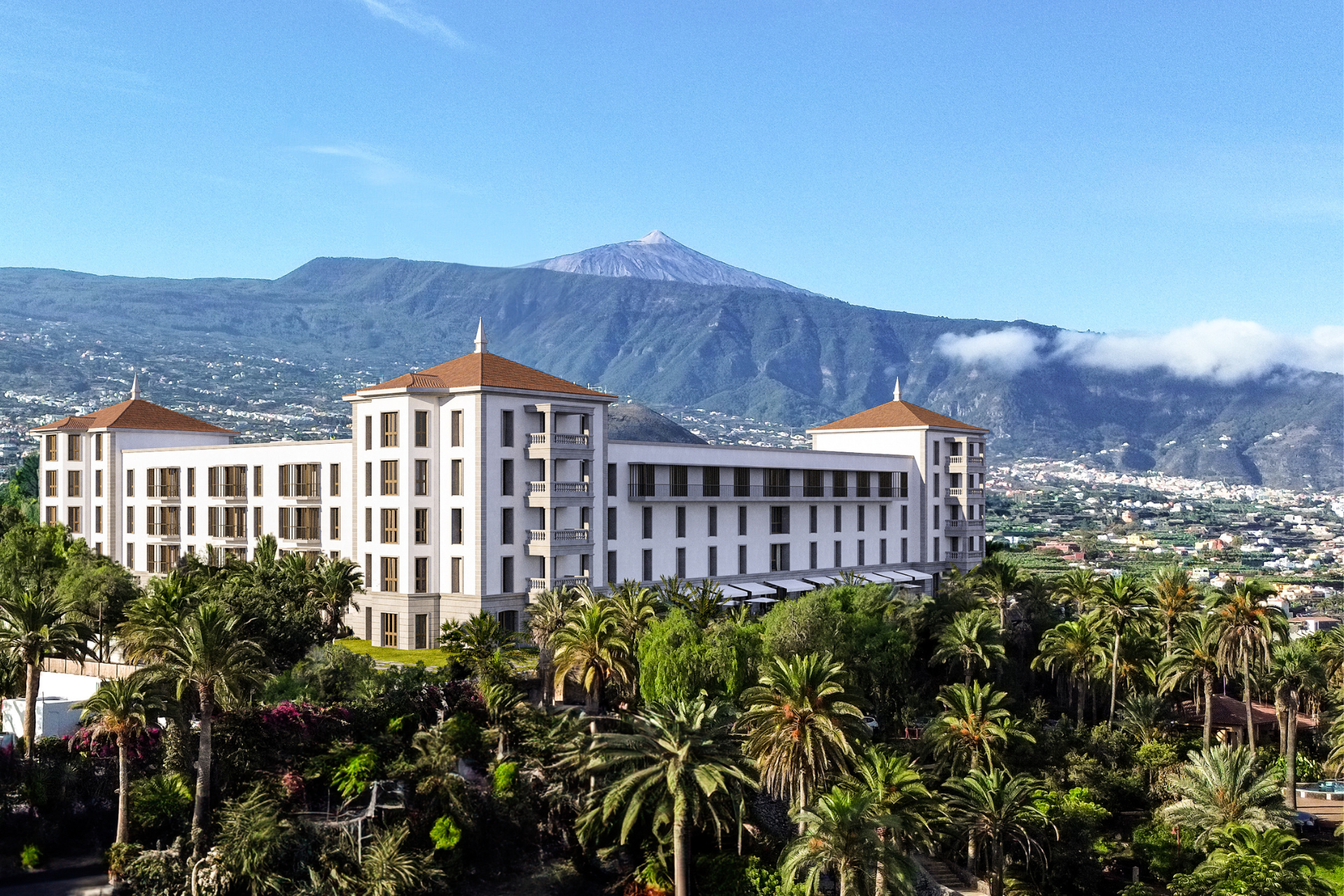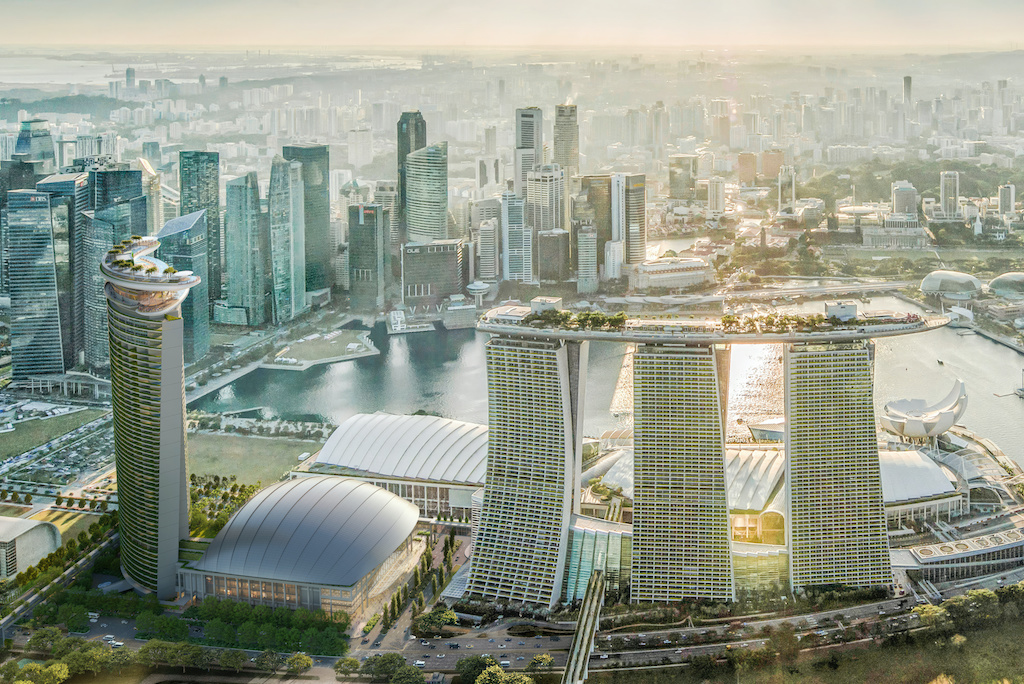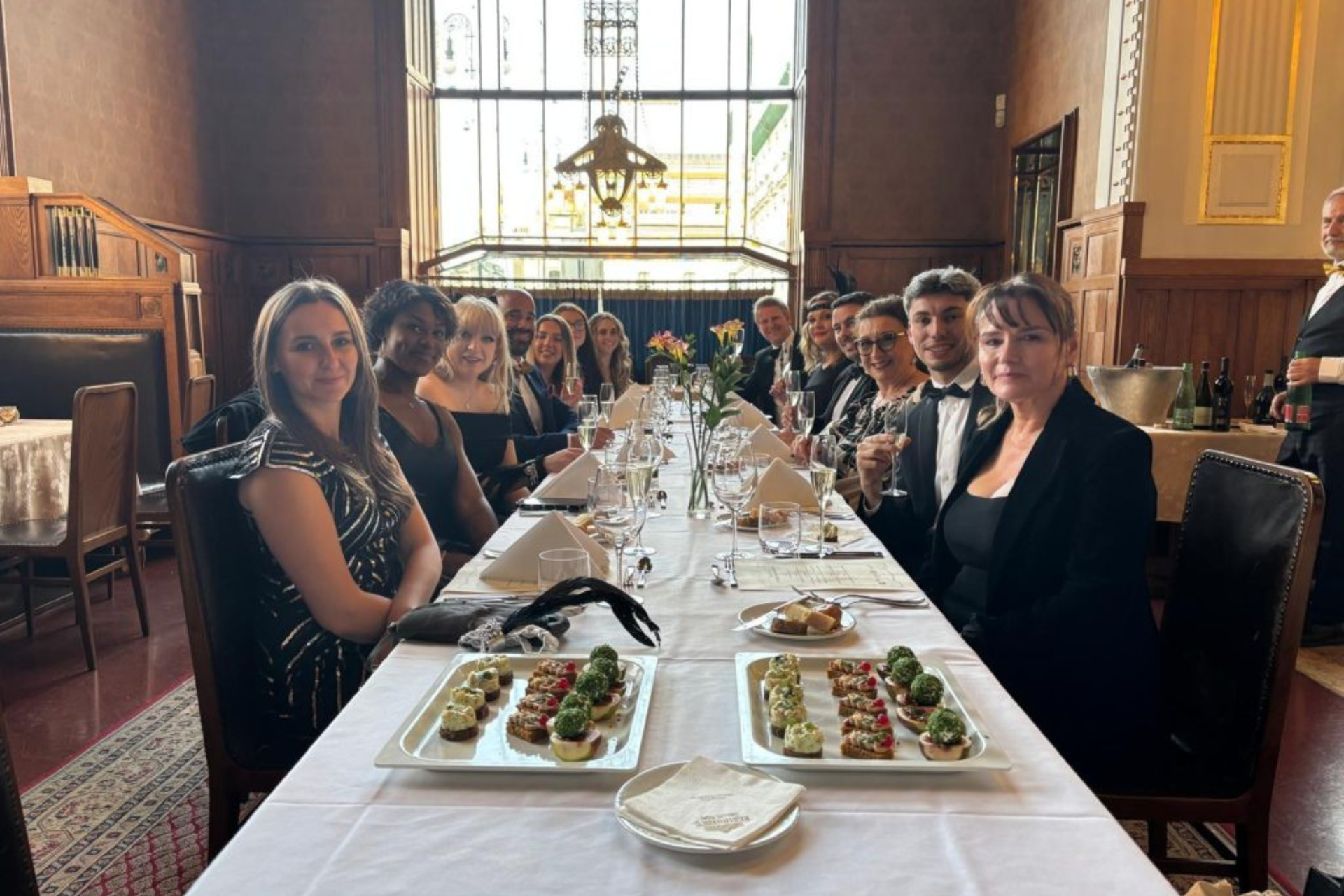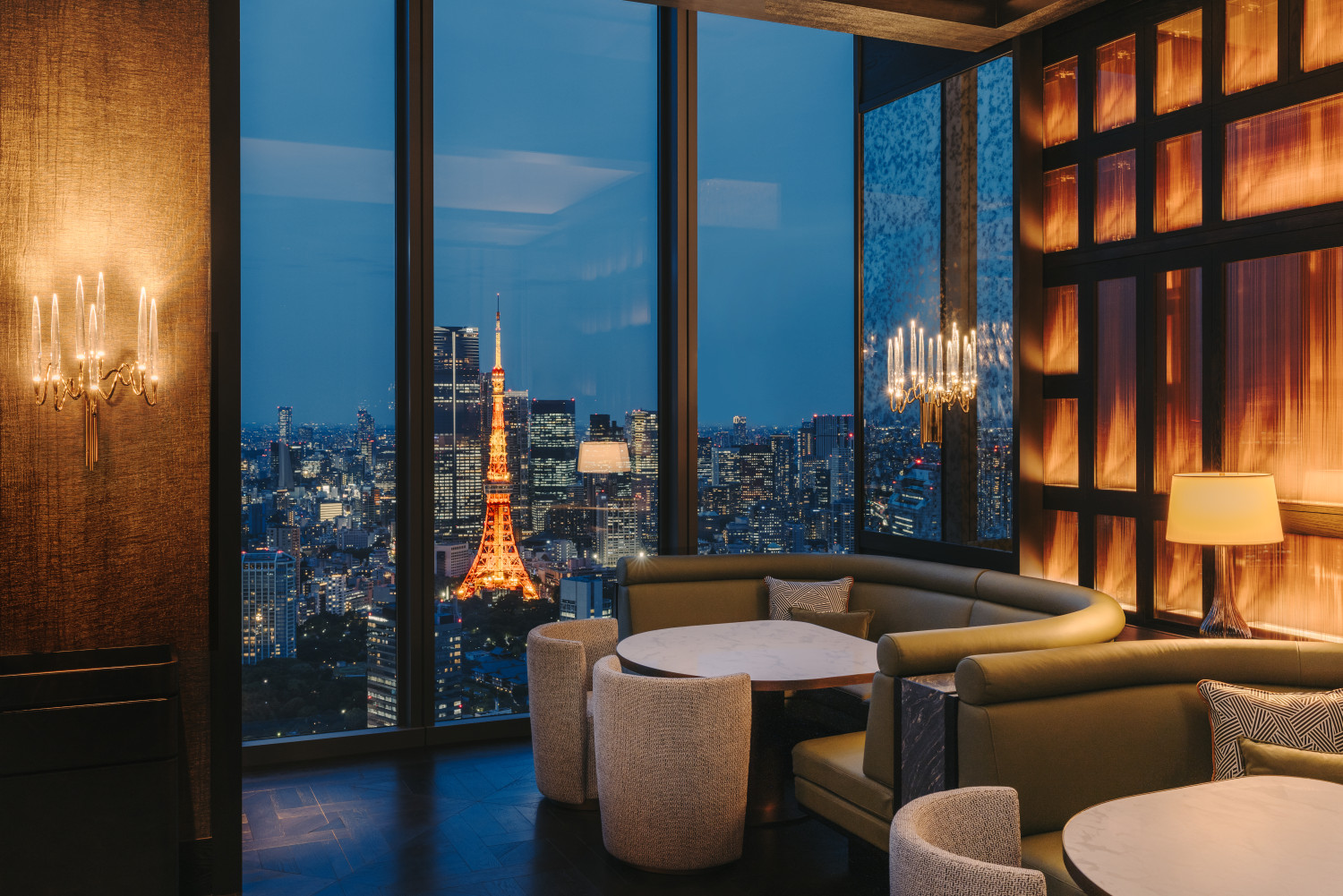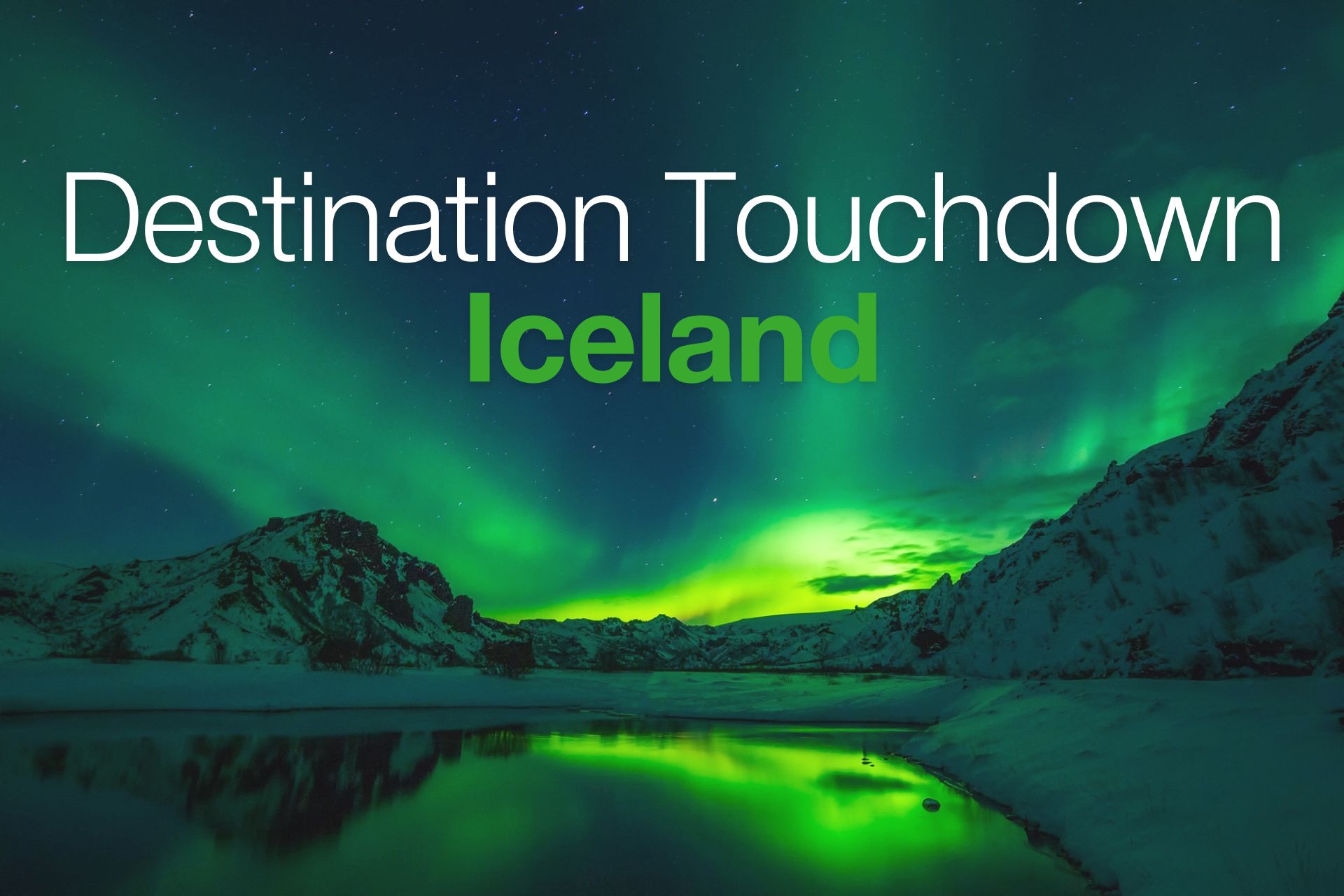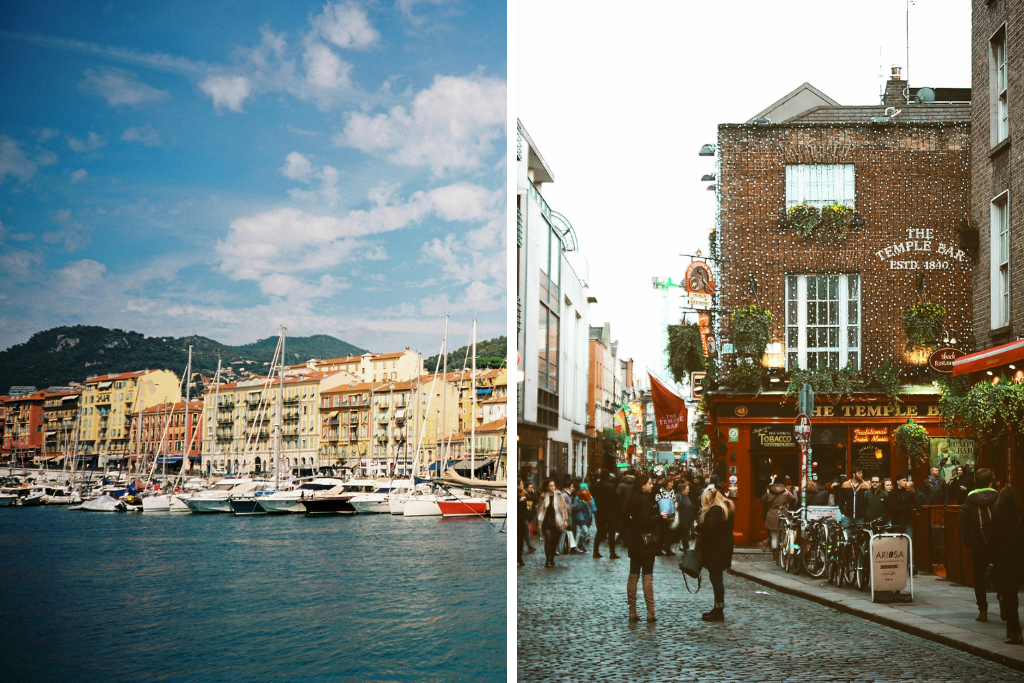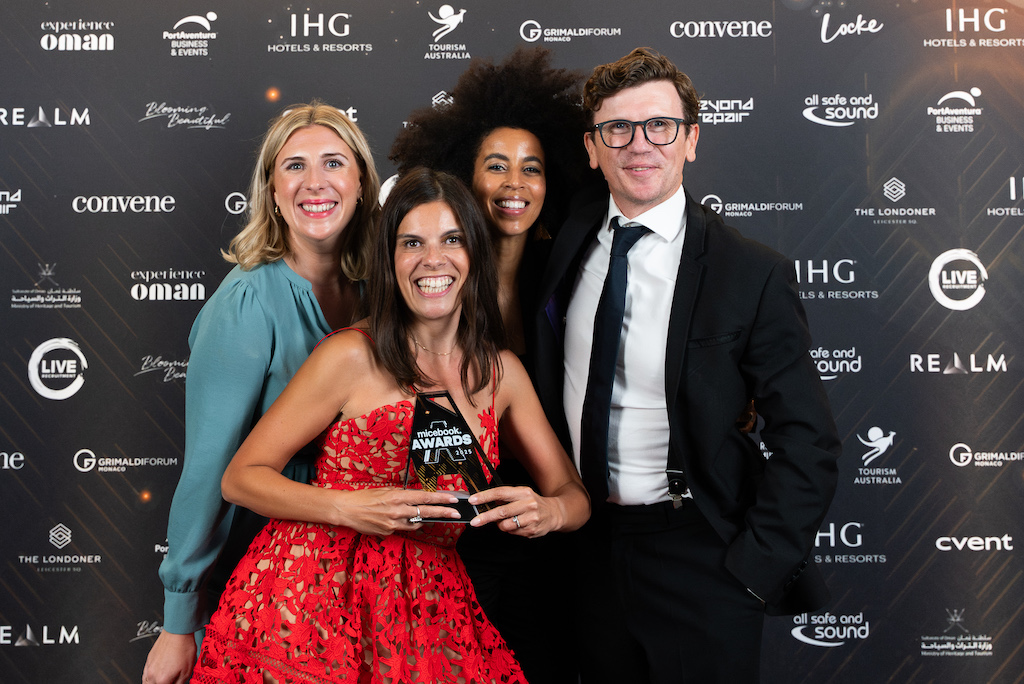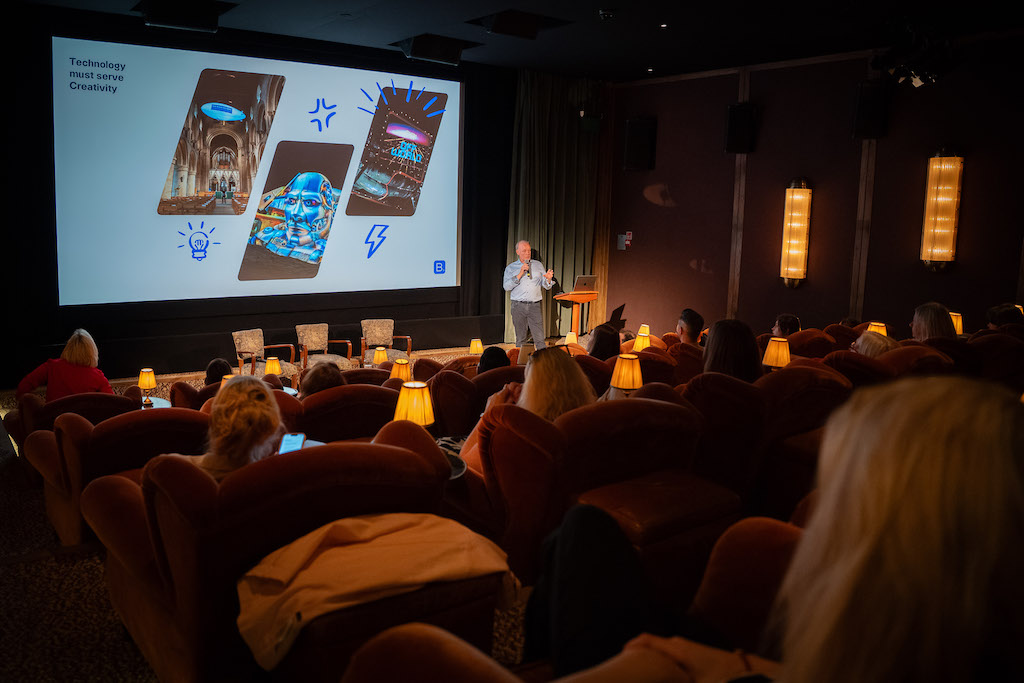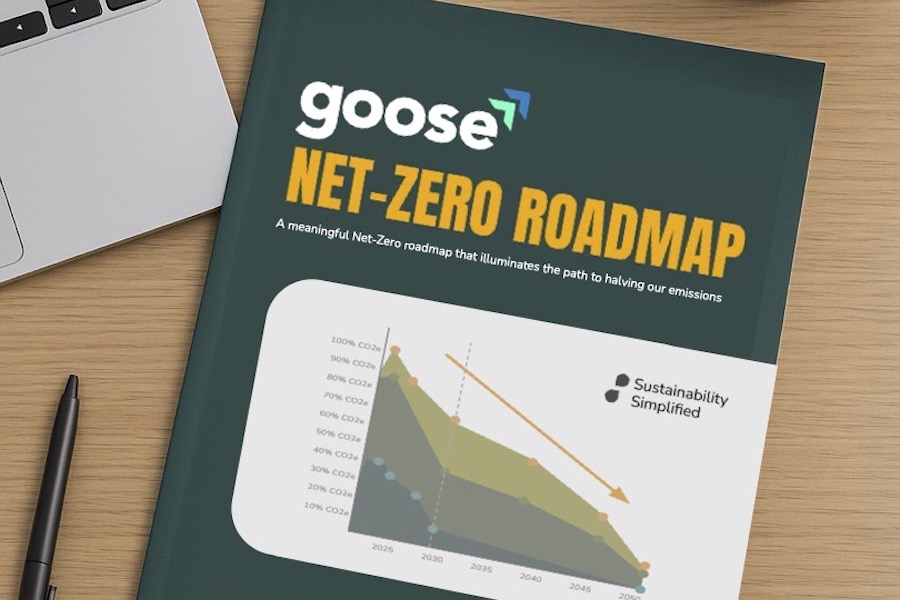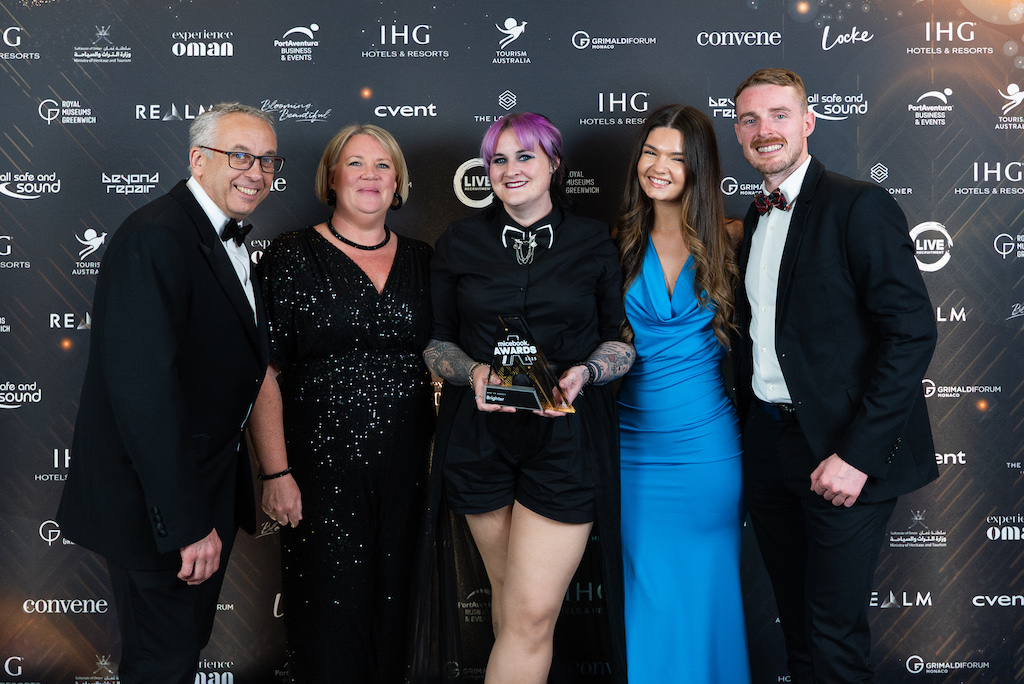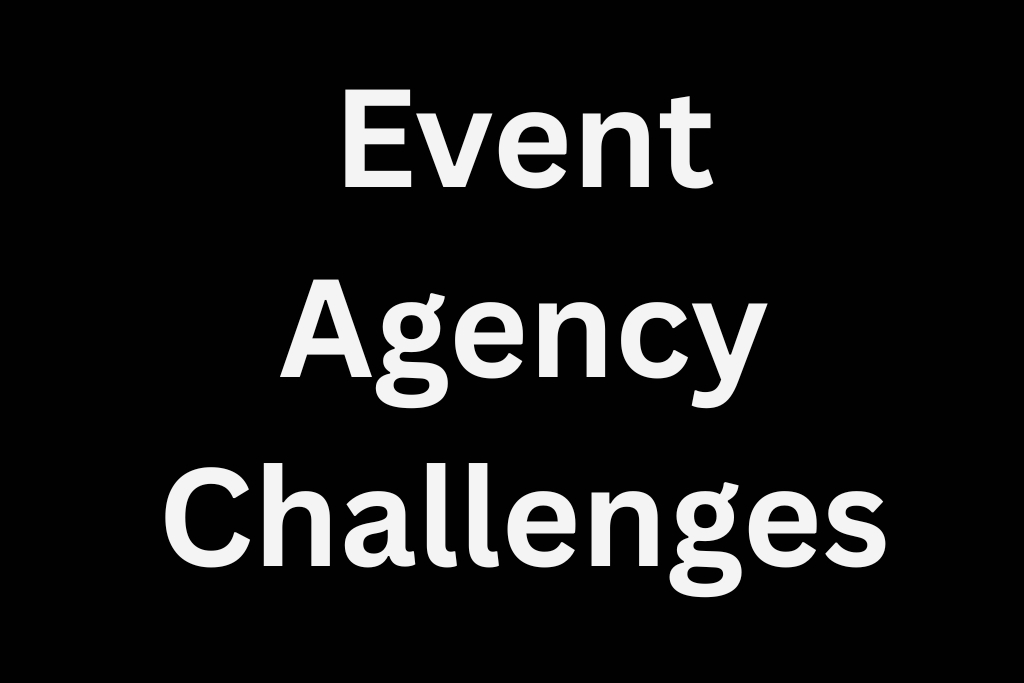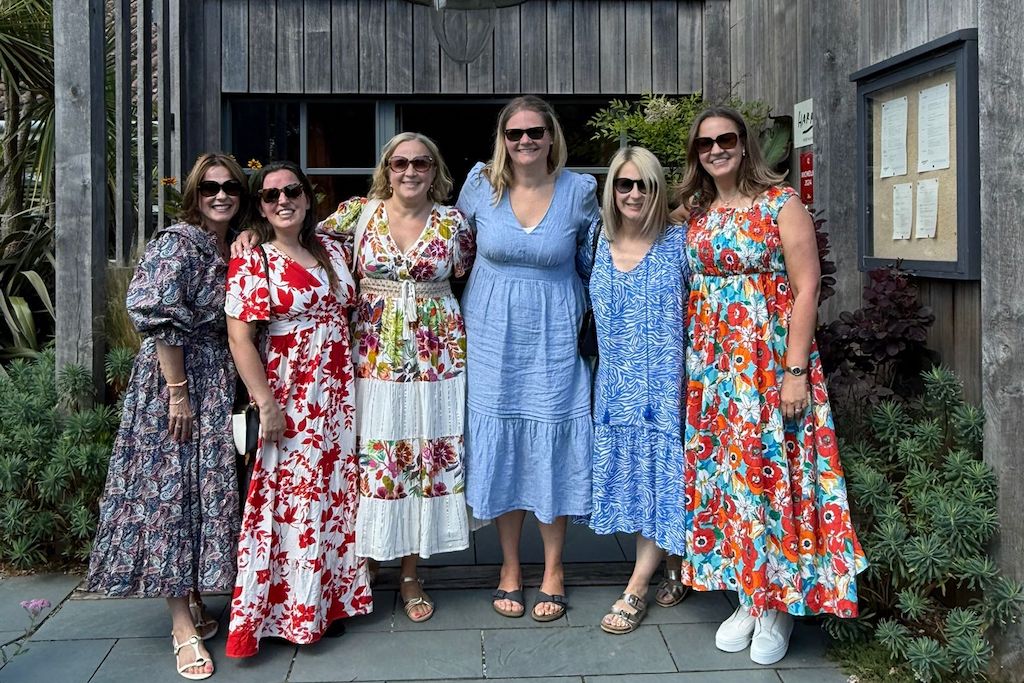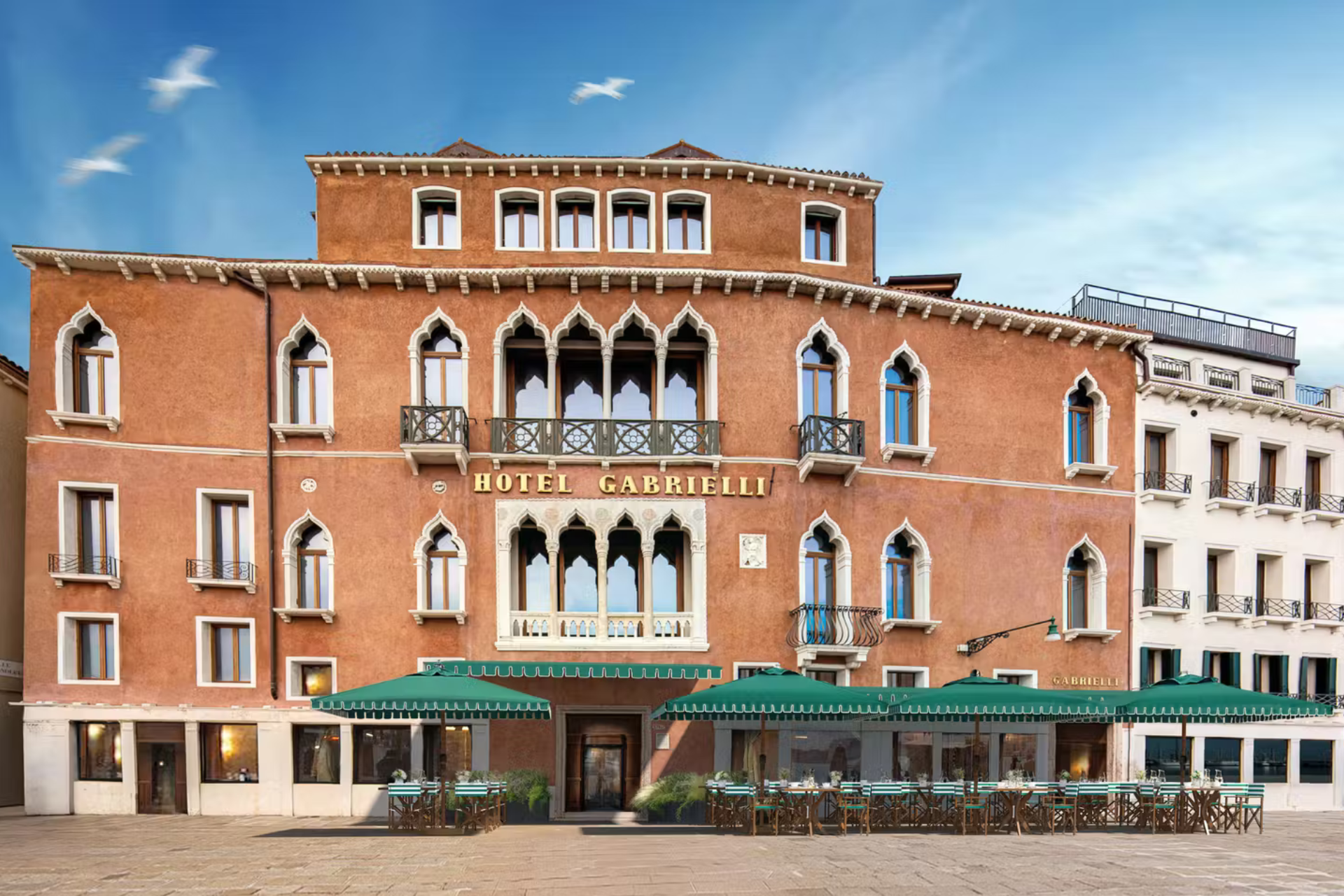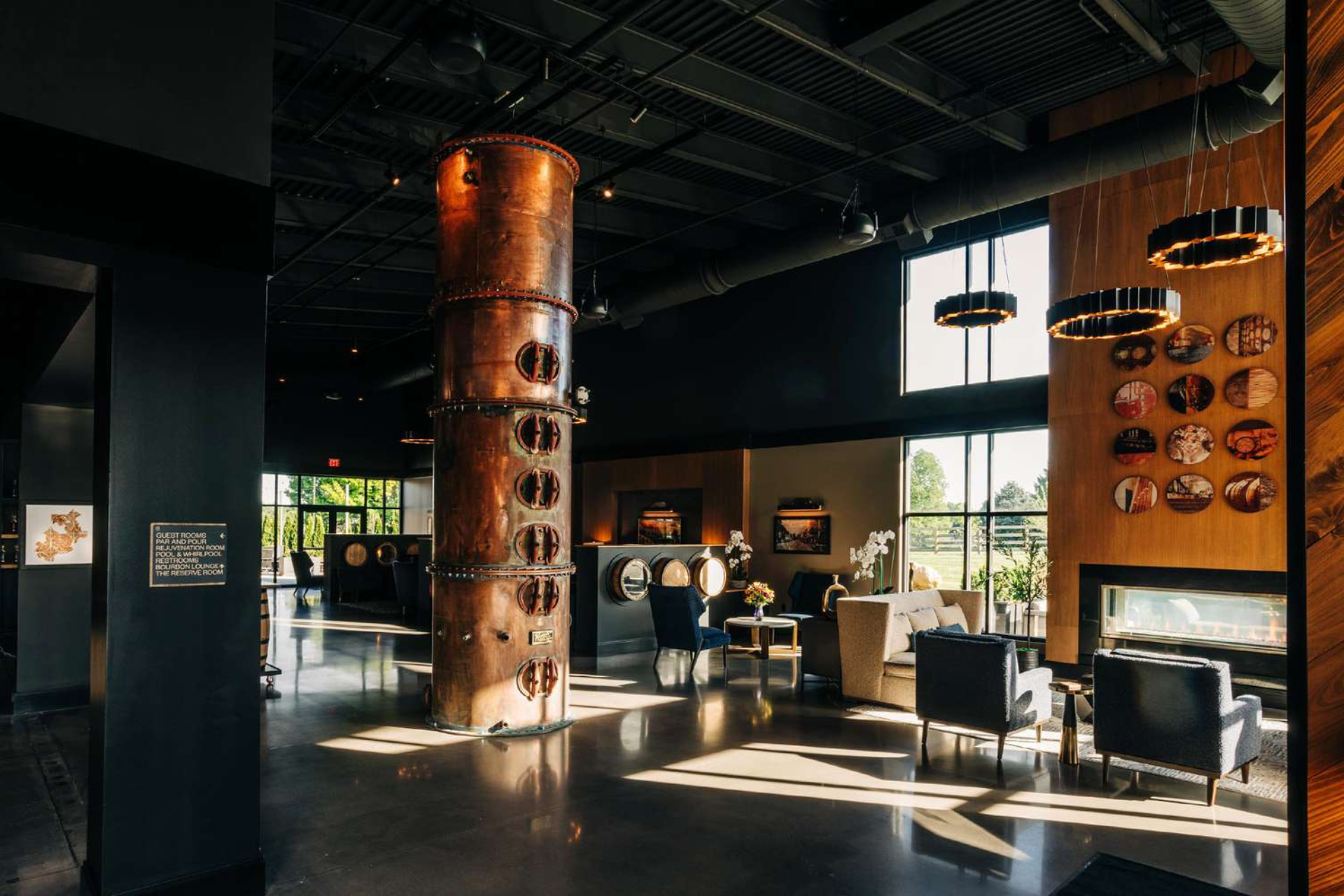-
Hotels, Venue of the Week, Venues
Venue of the Week: The Gallivant
Latest news
UK marketing budgets bounce back in Q2
UK marketing budgets bounce back in Q2 https://mbhub-wp.s3.eu-west-2.amazonaws.com/wp-content/uploads/2025/07/17204202/piles-coin-money-with-drawn-arrow.jpg 1024 683 micebook. //micebook.com/wp-content/uploads/2020/10/micebook_logo.pngSingapore’s Marina Bay Sands to add new £5.7bn resort
Singapore’s Marina Bay Sands to add new £5.7bn resort https://mbhub-wp.s3.eu-west-2.amazonaws.com/wp-content/uploads/2025/07/17214319/Aerial-view-of-Las-Vegas-Sands-new-ultra-luxury-development-in-Singapore_credit-to-Marina-Bay-Sands.jpg 1024 684 micebook. //micebook.com/wp-content/uploads/2020/10/micebook_logo.pngQ&A with Catherine Chaulet: Global MICE outlook, destination trends & what makes a great DMC
Q&A with Catherine Chaulet: Global MICE outlook, destination trends & what makes a great DMC https://mbhub-wp.s3.eu-west-2.amazonaws.com/wp-content/uploads/2025/07/17112402/061225_BISHOP06054.jpg 1024 683 micebook. //micebook.com/wp-content/uploads/2020/10/micebook_logo.pngSponsored content
-
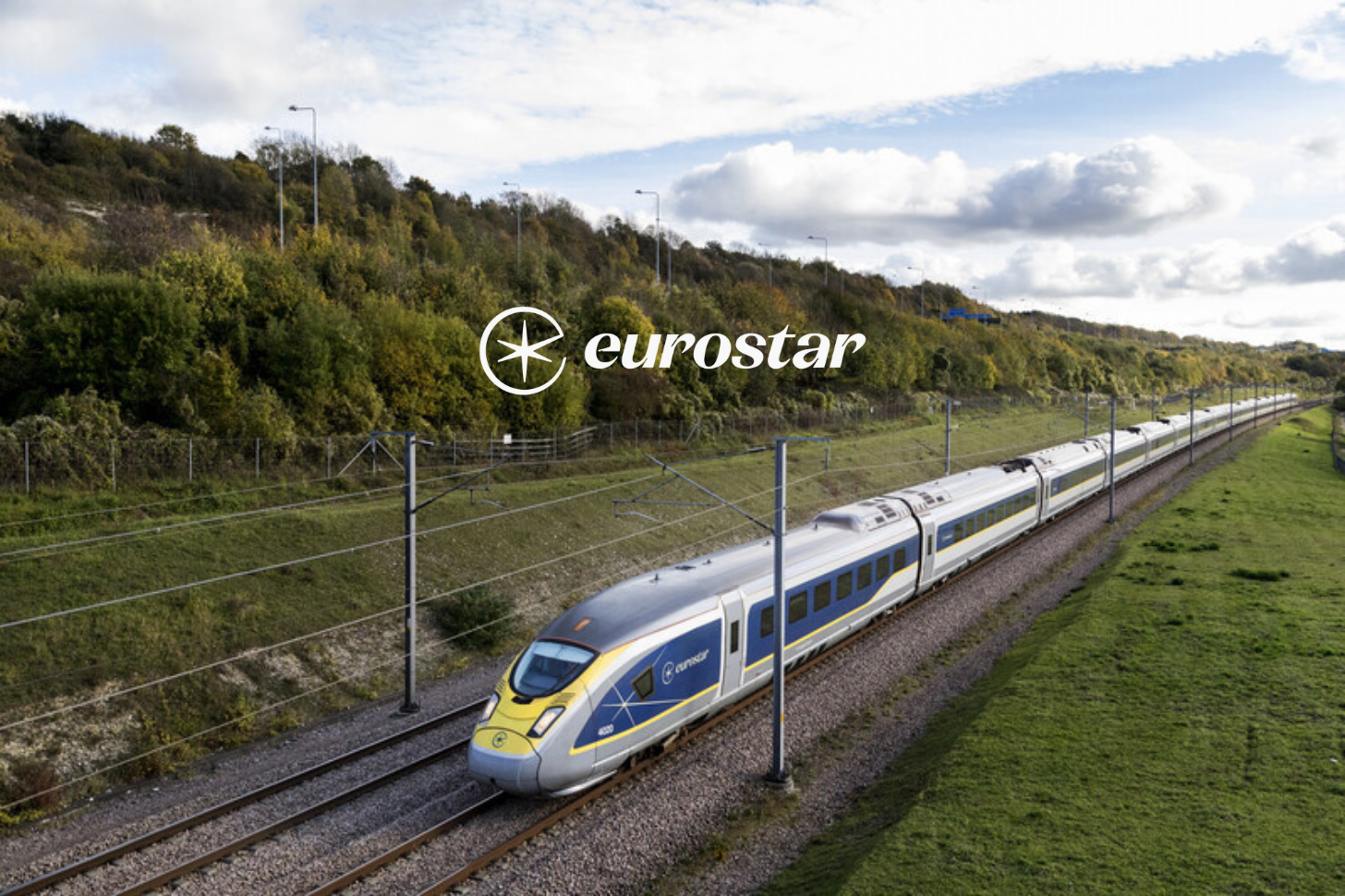
Travel Smarter to Your Next Event: Introducing Eurostar’s Conference Fare Range
-
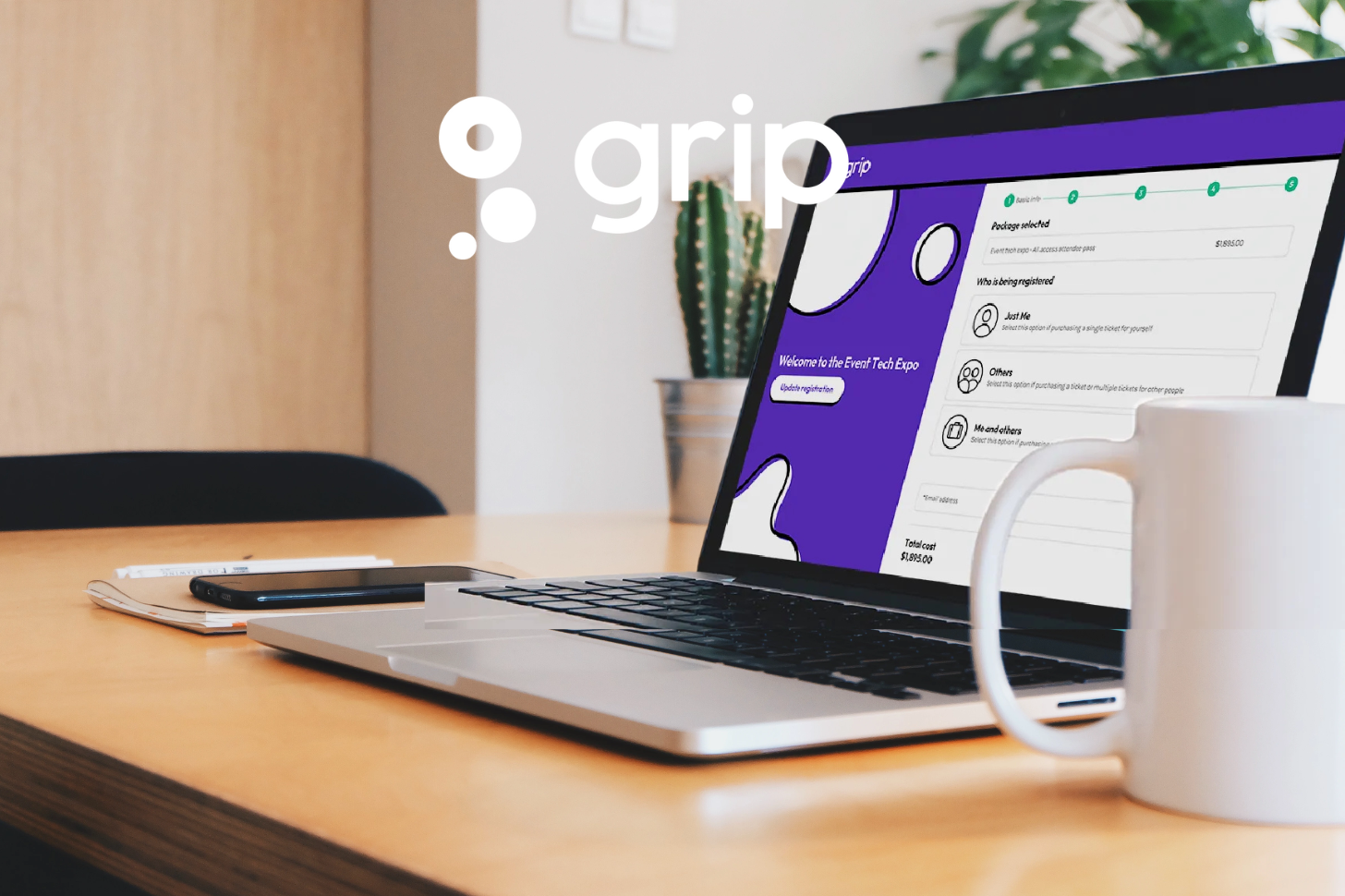
Story RX France’s MIP Cancun: A Masterclass in Meaningful Meetings with Grip
-

Beyond the Meeting: Embracing Bleisure from IHG Hotels & Resorts
-

A New Era of Eurostar: Group Train Travel Redefined
-

5 insider tips for effective meeting planning in hotels from IHG Hotels & Resorts
Partner content
Agency News
Sustainable Event News
-
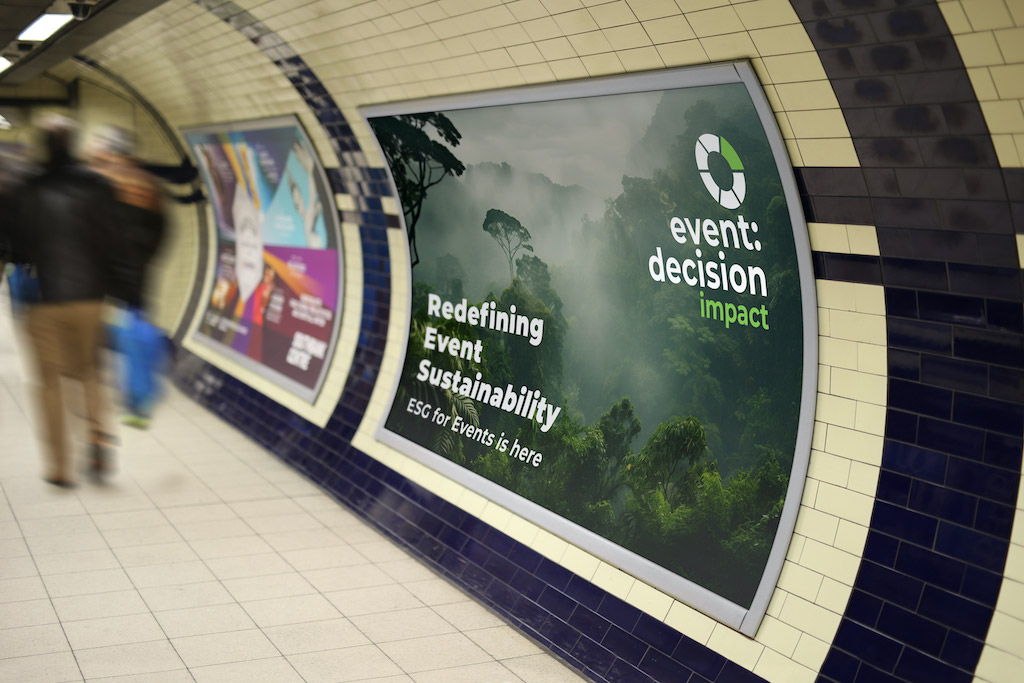
Event industry ESG performance improves in first half of 2025
-
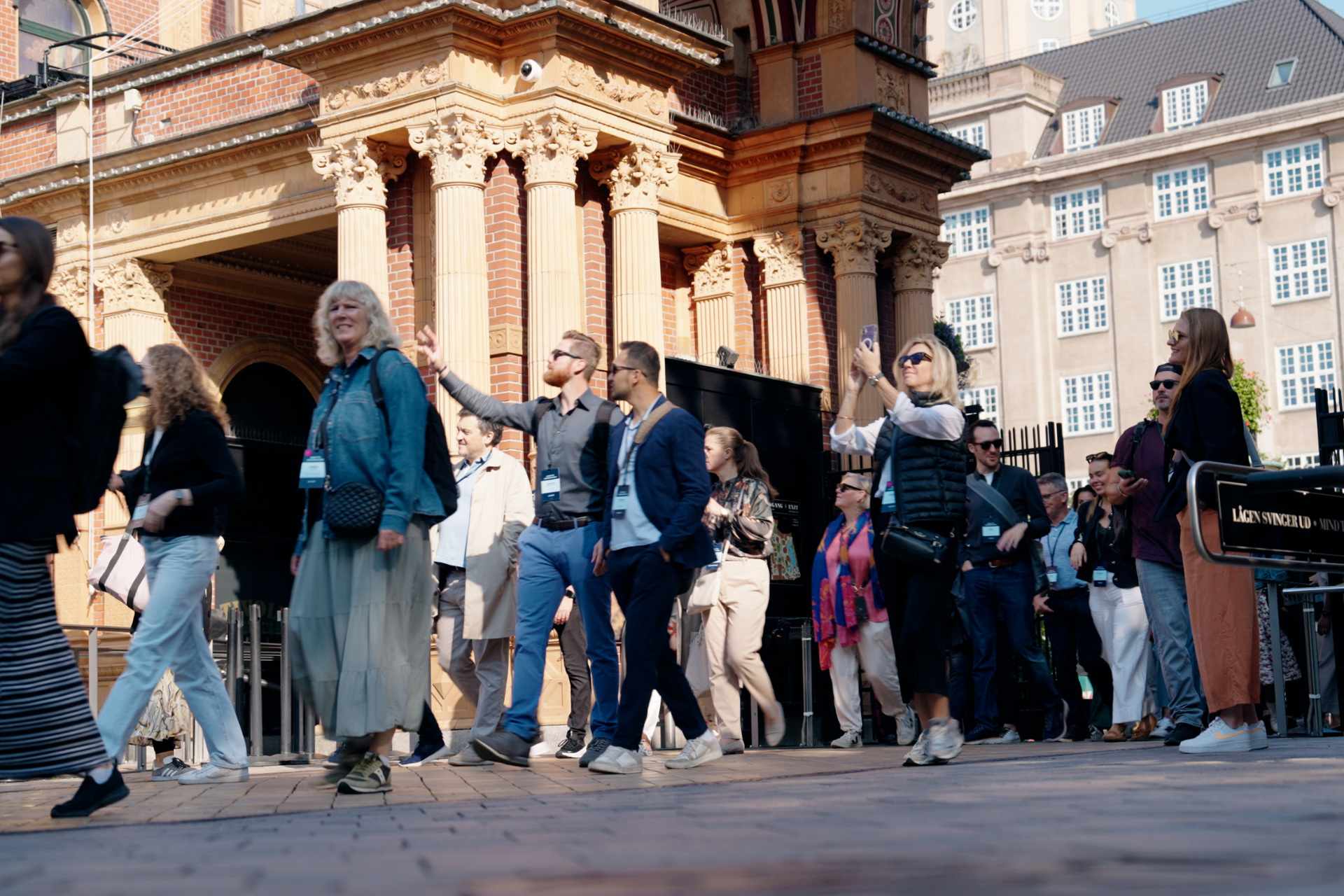
How to Copenhagen: A Masterclass in Purpose-Led Events
-
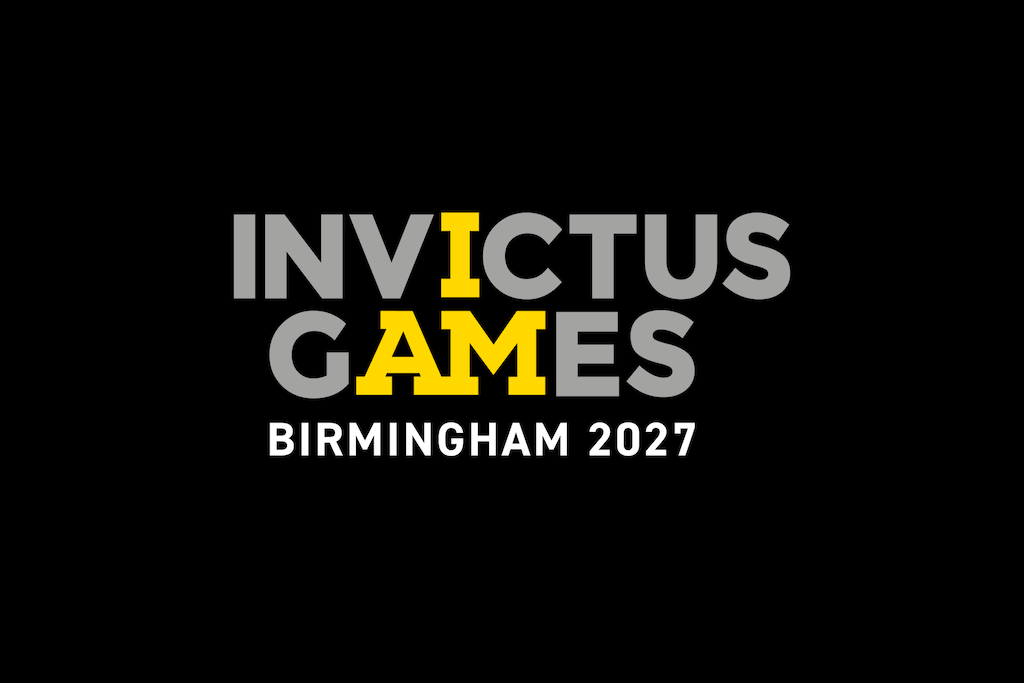
The Bulb appointed sustainability partner for Invictus Games Birmingham 2027
-
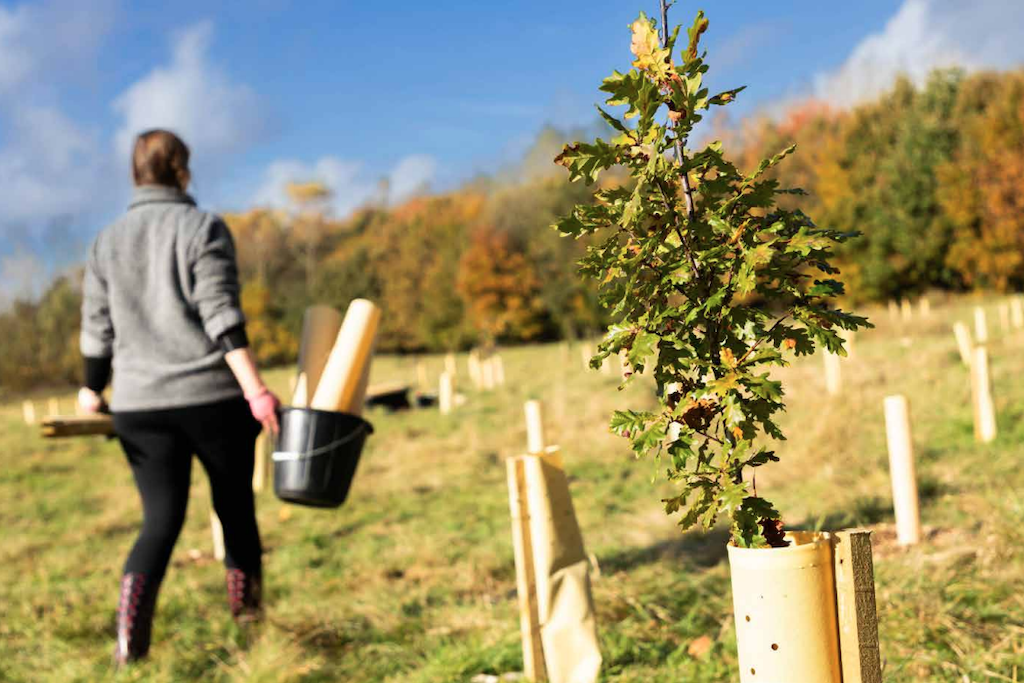
Manchester launches social impact guide for event planners
-
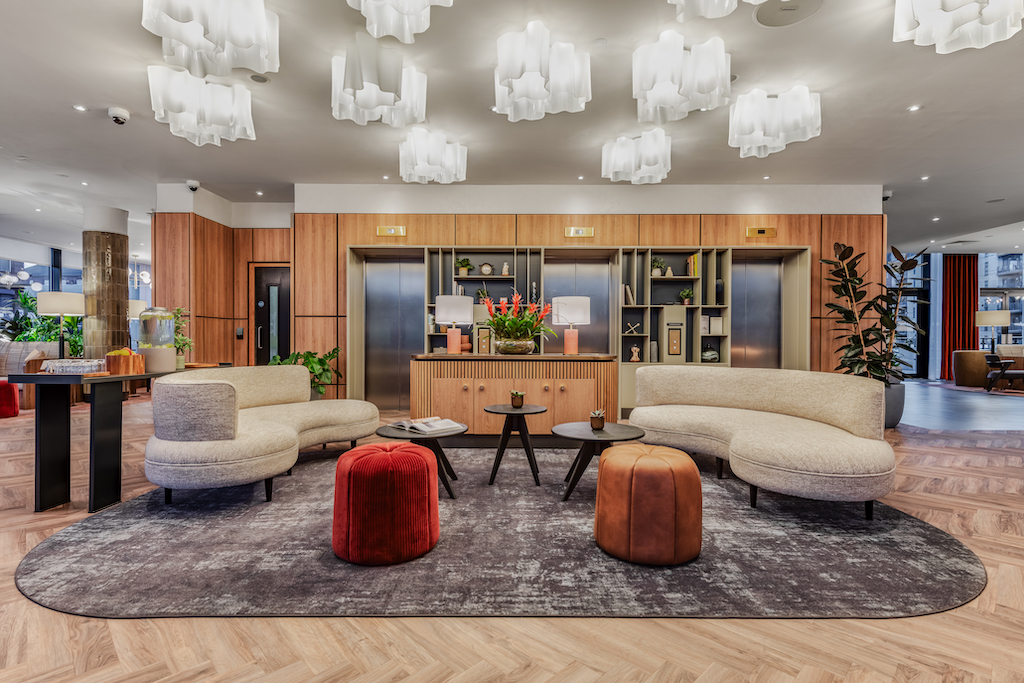
Radisson unveils first ‘Verified Net Zero’ Hotel in Manchester

